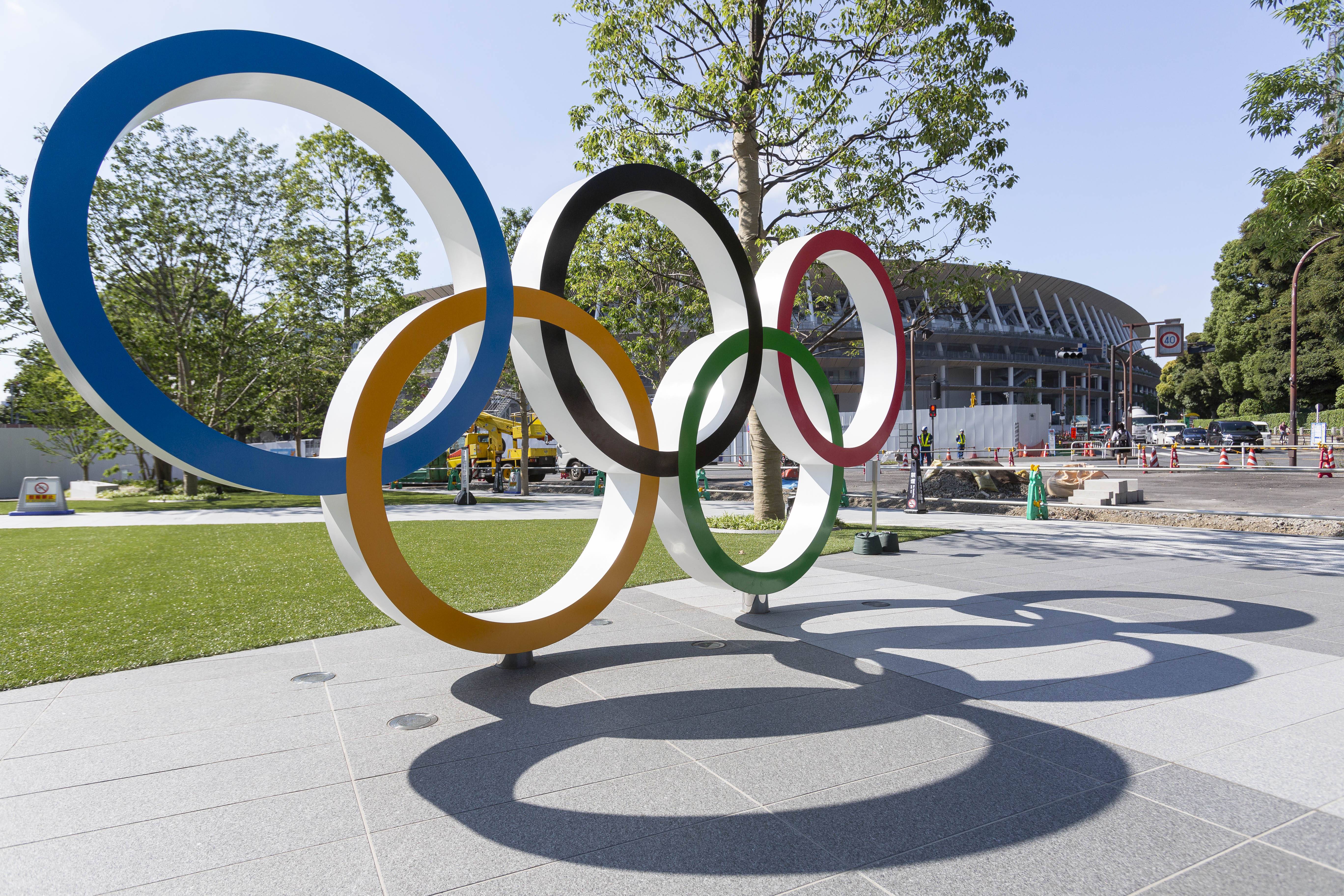The Summer Olympics is a global event that brings together athletes from all corners of the world to showcase their talents and compete at the highest level. One of the most beautiful aspects of the Olympics is the celebration of diversity and inclusion, as athletes of various backgrounds, cultures, and abilities come together to compete in the spirit of sportsmanship and camaraderie. In this article, we will explore how the Summer Olympics have broken barriers and embraced diversity and inclusion throughout its history.
The History of Diversity in the Olympics
Early Challenges
- When the modern Summer Olympic Games were revived in 1896, they were predominantly Eurocentric, with limited representation from other regions.
- Women were initially excluded from many events, and racial discrimination was prevalent in the selection of athletes.
- It took time for the Olympics to evolve into a more inclusive and diverse event that celebrated athletes from all backgrounds.
Transformation and Progress
- Over the years, the Olympics have undergone significant transformations to become more inclusive and diverse.
- Barriers based on gender, race, and nationality have been broken, allowing athletes from all backgrounds to participate and excel.
- The inclusion of Paralympic Games alongside the Olympics has further highlighted the importance of inclusivity and diversity in sports.
Celebrating Diversity in the Summer Olympics
Athletes from Around the World
- The Summer Olympics bring together athletes from over 200 countries, representing a wide range of cultures, traditions, and backgrounds.
- Athletes of various ethnicities, races, religions, and abilities compete on the same stage, showcasing the beauty of diversity in sports.
- Through their performances, athletes inspire others and demonstrate that talent knows no boundaries.
Breaking Stereotypes and Challenging Perceptions
- Many athletes use the Olympics as a platform to break stereotypes and challenge societal perceptions about gender, race, and disabilities.
- By excelling in their respective sports, athletes show that anyone can achieve greatness with hard work, dedication, and perseverance.
- These athletes become role models for future generations, encouraging others to pursue their dreams regardless of any perceived limitations.
Promoting Inclusion in the Summer Olympics
Equality in Sports
- The Olympics strive to ensure equality in sports by providing opportunities for all athletes to compete on a level playing field.
- Rules and regulations are in place to prevent discrimination and promote fair competition among athletes of different backgrounds.
- Efforts are made to create inclusive environments where athletes feel respected, valued, and supported in their pursuit of excellence.
Embracing Differences and Building Bridges
- The Summer Olympics serve as a platform for countries to come together and build bridges through the power of sports.
- Athletes and spectators from diverse backgrounds interact, exchange ideas, and foster mutual understanding and respect.
- The Olympics promote unity and peace, transcending cultural and political differences to celebrate our shared humanity.
Conclusion
The Summer Olympics stand as a testament to the power of diversity and inclusion in bringing people together and breaking down barriers. By celebrating athletes from all backgrounds and promoting inclusivity in sports, the Olympics inspire us to embrace our differences, challenge stereotypes, and work towards a more united and harmonious world. As we watch the upcoming Summer Olympics, let us celebrate the diversity of talent and the spirit of inclusion that defines this extraordinary event.
